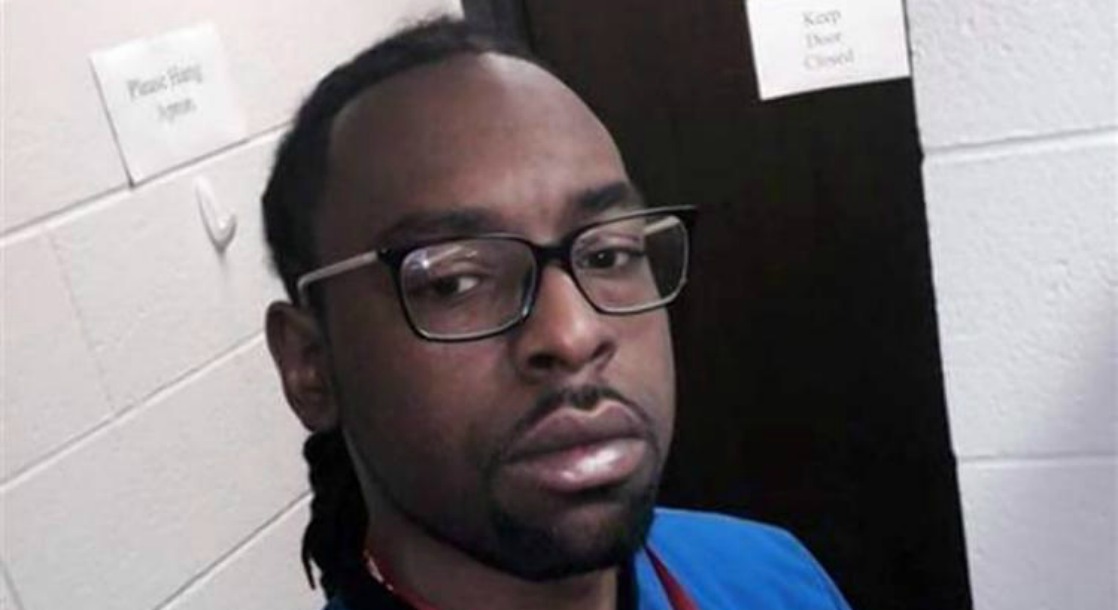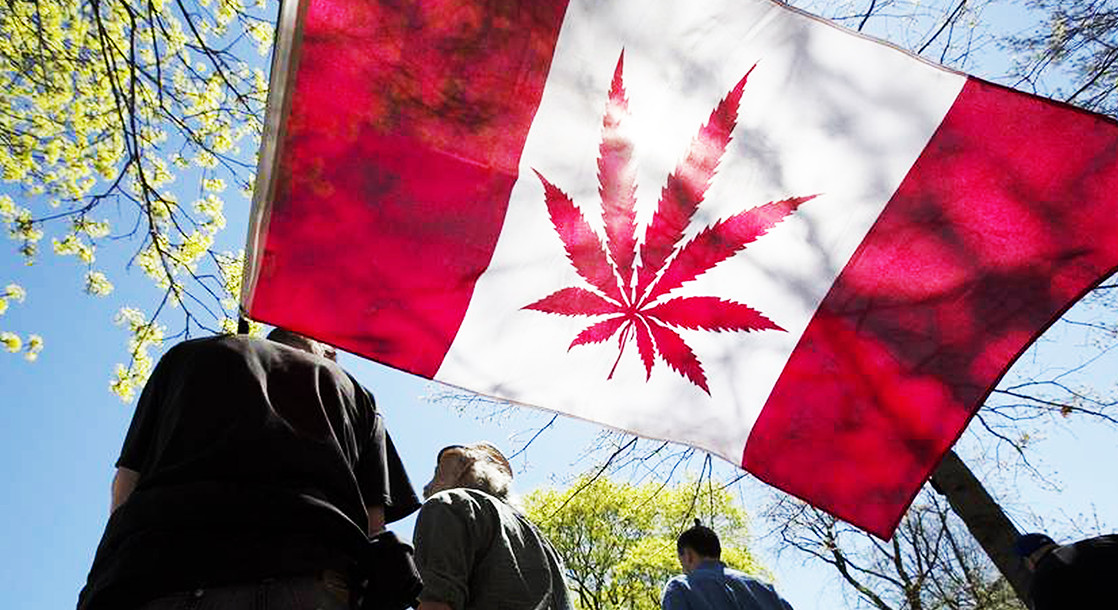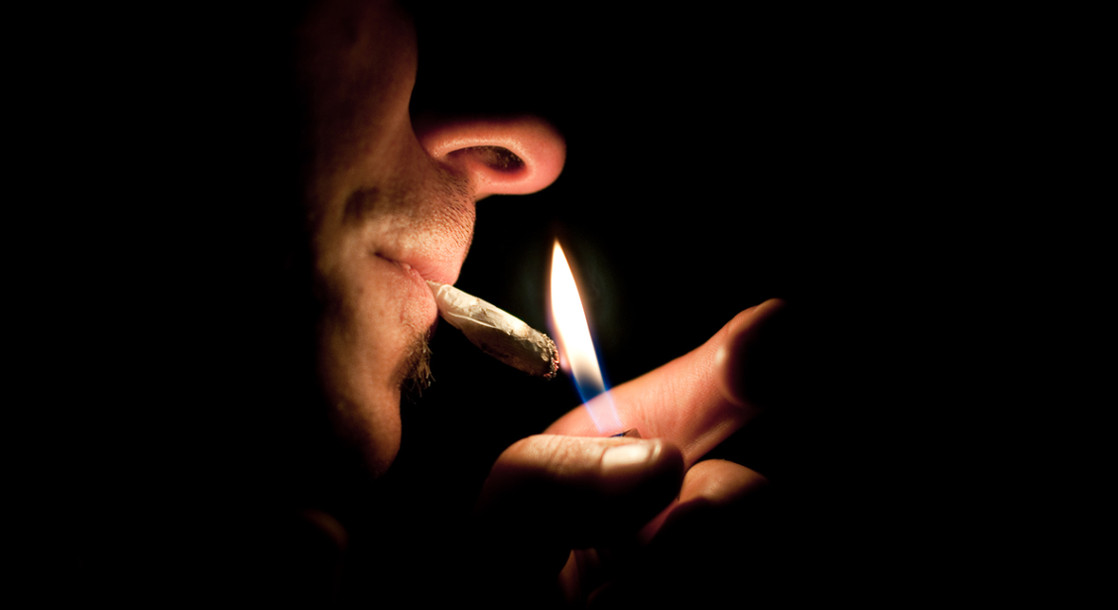Anti-drug rules in professinal sports have been criticized in the advent of legalization. Now, baseball players who test positive for opioids may be sent to treatment, rather than suspended, under a new drug agreement currently being negotiated by Major League Baseball (MLB) officials.
The MLB has faced increasing pressure to test its players for opioid use since Los Angeles Angels pitcher Tyler Skaggs died on July 1. Toxicology tests revealed that Skaggs had alcohol, fentanyl, and oxycodone in his system when he died. MLB officials have required drug testing for performance-enhancing substances since 2004, and for illegal stimulants since 2006, but the organization does not currently test players for opioids.
Following Skaggs’ death, MLB officials entered talks with the MLB Players Association (MLBPA) to amend the organization’s opioid testing policy. “We understand that our workforce is a microcosm of society,” said MLB commissioner Rob Manfred this fall, according to the Los Angeles Times.
“There’s a societal problem,” Manfred continued. “It’s not a good bet that we don’t have some level of issue and we’re working hard with them to find a way to be able to address it in a positive way through an agreement with the players’ association.”
Investigators learned that Skaggs had been copping his oxycodone from Eric Kay, a longtime media relations employee for the Angels. Kay said that he had been supplying Skaggs with opioids for years, and added that he knew at least five other players on the team who used opioids regularly.
“We have players who have been affected by it in their own families,” said MLBPA executive director Tony Clark to the Times. “Being a microcosm of society, whether the players know of another player, they may know of someone in the family that’s struggling with it. So it still hits close to home from that standpoint.”
The discussions between the MLB and the players’ union are still ongoing, but it seems likely that regular opioid testing will soon be required for all players. But it also seems likely that the organization will be working to help players recover from their addictions, rather than simply removing them from the game.
After three days of union meetings, Clark announced that players who test positive for opioids would be sent to treatment, rather than suspended. “We believe wholeheartedly, as we always have, that the treatment option and not discipline is the best route to go,” Clark announced, the Associated Press reports.











